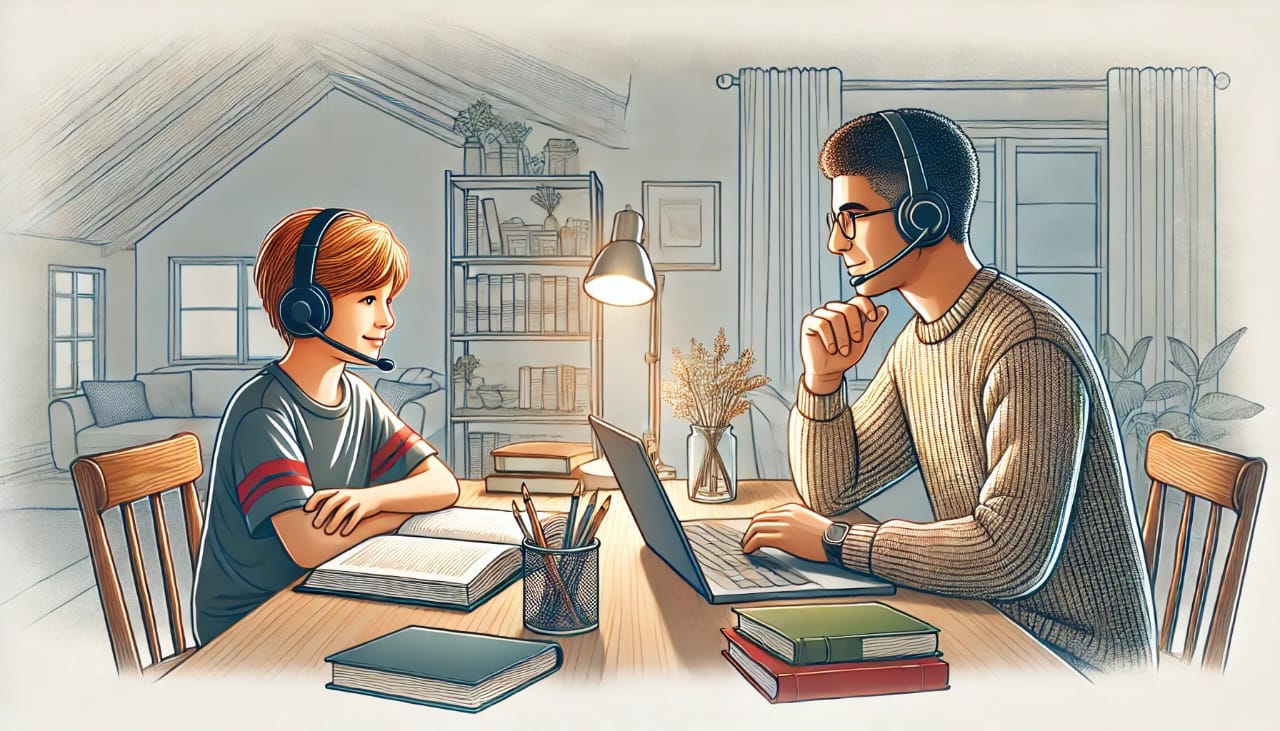Loading advertisement...
08-01-2025

Why One-to-One Education is the Future of Learning
In today's rapidly evolving educational landscape, one-to-one education is emerging as a game-changing model that meets the diverse needs of learners. Unlike traditional classroom settings where a teacher must divide their attention across many students, one-to-one education focuses on personalized learning, allowing instructors to tailor lessons specifically to the needs, strengths, and pace of each student.
In this blog, we explore the compelling reasons why one-to-one education is not just an alternative, but the future of effective, meaningful learning. From personalized instruction and faster academic progress to stronger teacher-student relationships and flexible learning environments, one-to-one education holds the key to unlocking each student's full potential.
1. Personalized Attention
One-to-one education ensures that students receive the full attention of their instructor, allowing lessons to be customized to their unique learning style, pace, and needs. This personalization leads to a more engaging and effective learning experience, as the tutor can address specific challenges and strengths.
2. Faster Academic Progress
In traditional classrooms, the pace of learning is often dictated by the majority, leaving some students behind while others may feel unchallenged. One-to-one education allows for tailored lesson plans, ensuring that students move at a pace that suits them and can progress more quickly without waiting for others.
3. Increased Confidence
Students often feel more comfortable asking questions in a one-on-one setting, which reduces the fear of judgment. As they gain deeper understanding and mastery of the subject matter, their confidence grows, making them more motivated to tackle challenging topics.
4. Flexibility and Convenience
One-to-one education offers flexibility in scheduling and delivery methods, whether in-person or online. This makes it easier for students to fit learning into their busy lives, leading to a more balanced and stress-free educational experience.
5. Improved Teacher-Student Relationship
In a one-on-one setting, the teacher has more opportunities to build a strong, supportive relationship with the student. This connection fosters trust and open communication, leading to a more productive learning environment.
6. Support for Diverse Learning Needs
One-to-one education is particularly beneficial for students with learning differences or those who may require extra support. The instructor can modify teaching strategies to address specific challenges, making it easier for these students to succeed.
7. Better Long-Term Retention
The personalized nature of one-to-one education helps students internalize information more effectively. With immediate feedback and continuous reinforcement, students are more likely to retain what they learn, leading to better long-term outcomes.
Conclusion:
One-to-one education is reshaping the future of learning, offering unparalleled benefits that support students’ academic growth and personal development. As we move further into the digital age, this personalized approach will become increasingly accessible, empowering students to achieve their full potential in ways that traditional education models cannot.